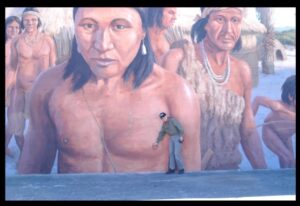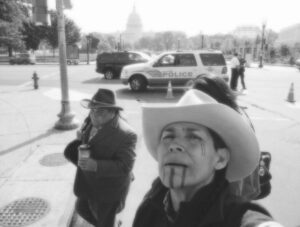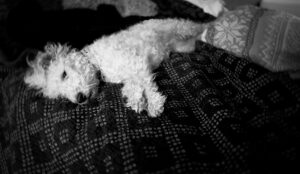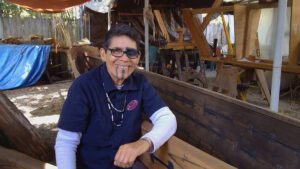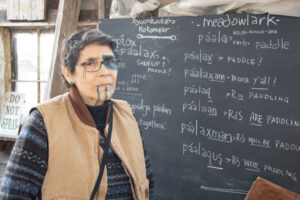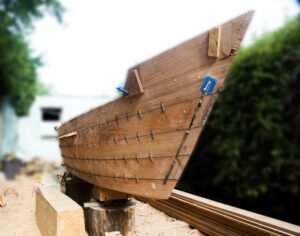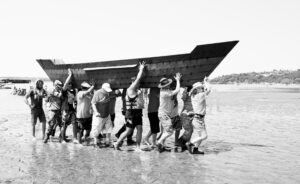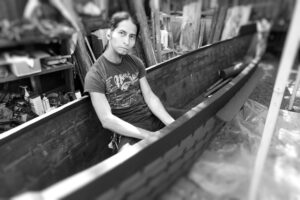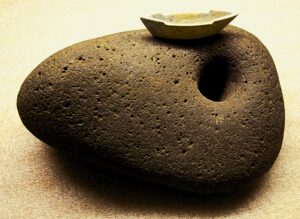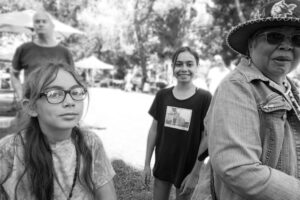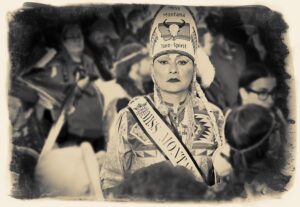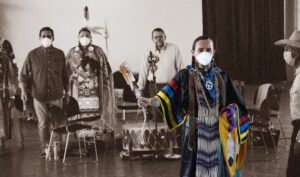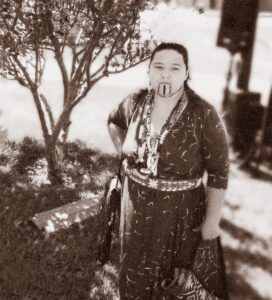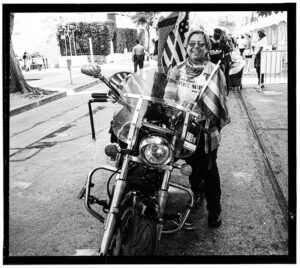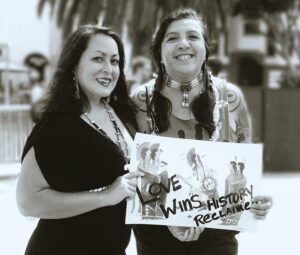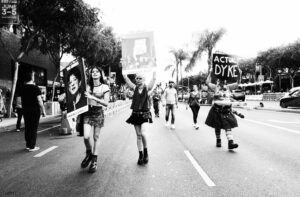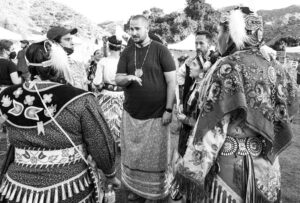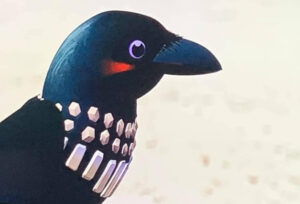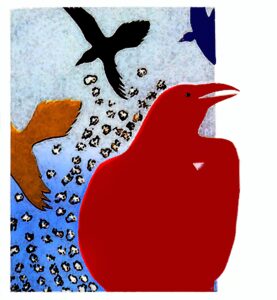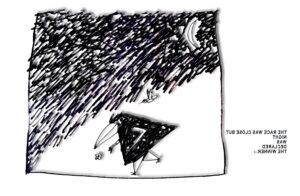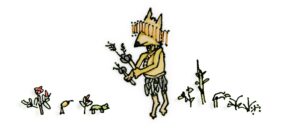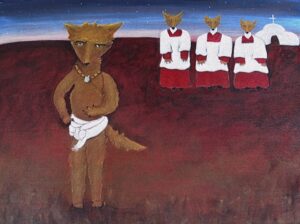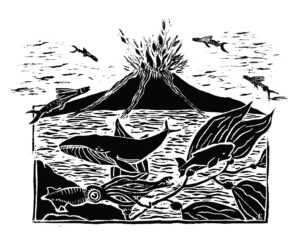Editor’s Note: L. Frank’s pronoun is pó, calling us to practice Native language to convey two-spirit and Native identity nuances the English language cannot.
Frank was born on July 30, 1952 in Santa Monica, California, and grew up around the Los Angeles basin. Although L. Frank’s family of origin had Spanish, Hispanic, and Native Californian Indian roots, most of pó family chose to emphasize their Caucasian ancestry. As a child, when L. Frank insisted on staying true to the family’s Tongva, Ajachmem, and Rarámuri roots, pó family called pó a “dirty little Indian” and ostracized pó.
Throughout elementary school, L. Frank felt like an outsider in pó own hometown. When attending schools in more affluent areas, pó was often the only non-white child; other kids bullied pó, beating pó up for being the gardener or maid’s kid. To make matters worse, L. Frank had undiagnosed hyperlexia and autism; this led to difficulty with traditional learning styles, and frequent discipline from teachers. Nothing was safe, smooth, or easy.
During high school, L. Frank heard about a group of Native American activists reclaiming Alcatraz Island in San Francisco Bay as a demonstration against broken treaties. Pó and some high school friends headed north to try and join the occupation, but were caught by their parents before they could reach the island. To this day, pó remembers the unprecedented event as a powerful awakening. In later decades, pó took many journeys to join Native sovereignty protests, including giving a speech and prayer at Standing Rock Reservation to protest the Dakota Access Pipeline.
After high school, L. Frank studied art and photography at several institutions including the Otis Parsons Institute of Art Design. Upon graduation, pó enlisted in the Air National Guard. A self-described “pot-smoking hippie lesbian”, L. Frank not only became a squad leader of queer service members, but also roguishly provoked higher and higher-ranking leaders by publicly questioning the military’s homophobic policies.
Over the course of pó career as an artist and activist, L. Frank has infused all pó work with this same free, passionate spirit. pó book about living with undiagnosed learning disabilities has inspired many Native mothers to connect their children to L. Frank. In the 1990s, pó co-founded the Advocates for Indigenous California Language Survival (AICLS), which assists seven California tribes in the preservation and teaching of their languages. Pó also created the Acorn Soup Graphic Contribution, an initiative to preserve and create tribal art. In pó own work, pó often draws cartoons featuring the trickster Coyote, as well as star maps, to convey both the lightheartedness and deep nuances of Native lived experiences. L. Frank also collaborated on First Families, a book featuring stories and photographs of Native elders from tribes across California, highlighting the determined resilience of this population in the face of generations of trauma and loss.
On pó own body, pó proudly bears tattoos in Native art styles and traditions. In this way, and so many others, L. Frank gracefully and fiercely interweaves Native and queer activism and artistry.

